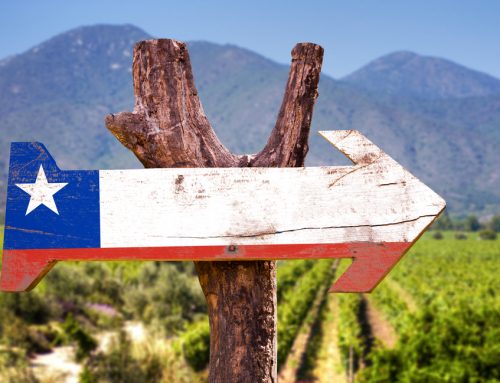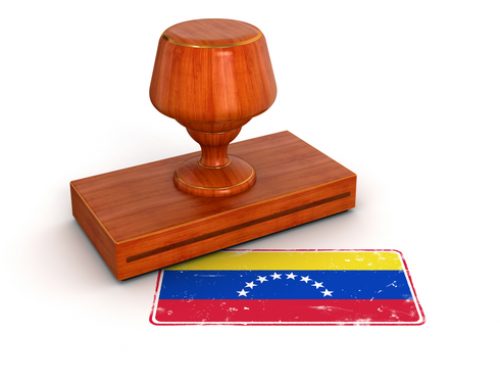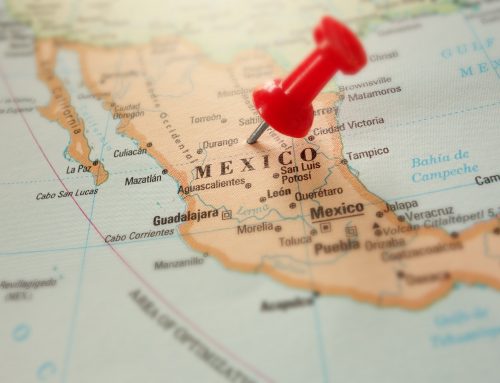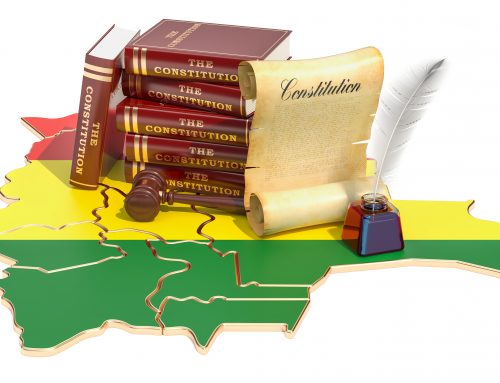
Over the years, it has become necessary that each country in Latin America that legislates or have intellectual property laws, creates them in a friendly and cooperative way, because there’s a risk of mutual exclusive run, which sometimes provokes flat disputes that are unnecessary.
On several occasions in various fields of law, they are obstacles in the laws when they exclude each other, creating conflicts for the legislator when issuing rulings, judgments, decisions or any other act.
With this precedent, many regions organized groups to create legislations according to their needs without transgressing the rights of other nations.
This, far from being similar to the treaties signed by entities such as the UN or the ICC (International Criminal Court), is similar in the sense that the agreements and laws dictate are stated as precedents for each of the nations, without having the possibility to transgress those laws because generally each agreement is coupled to the Constitution of each country.
For example, in Colombia any international agreement is governed according to their Constitution, under which no internal rule may prevail over the international law and their guidelines. Therefore, Latin America has made great strides in this area forming groups for various subjects, according to their commercial convenience and economic management.
ASIPI, as an Inter American Intellectual Property Association, is responsible for the evolution of laws manage by the countries that are members, in order to create laws that stabilize and improves the relations between countries regarding Intellectual Property. Improving their capabilities to manage legal documents required by each country for the validity.
An example is the power of attorney that must be subscribed when a country is member in the Hague agreement. In Latin America they have created two potential blocks handling each a different rigor. A block called the Andean Community (CAN), form by Ecuador, Peru, Bolivia and Colombia, is governed consensually and accepted by Decision 486.
On the other hand, there’s the Southern Common Market, which is form by Brazil, Argentina, Paraguay and Uruguay, as states parties, they all acquired rights to manage their legislation. Chile, Colombia, Peru and Ecuador are part of this block as associates but they do not have too many responsibilities in this block since they are part of the CAN.
The harmonization of laws, seeks to improve the defense of intellectual property protection by improving the time for Copyright, Trademarks, Patents procedures, and to provide greater guarantees to inventions and creations. It also seeks to protect the corporate image of companies, and to ensure that their rights are not taken or granted to third parties. In order to satisfy this factors and needs the countries must create laws that provide solutions to conflicts or disputes regarding intellectual property matters.
The CAN has carried out the processes of a law so well that they haven’t receive any complain of disputes in 16 years. Regarding Mercosur countries, they have made even greater efforts considering that some offices may take from four to five years to grant a trademark, when the normal lapse of granting should be in one or two years maximum.
Therefore it is inevitably to legislate not only for nations as a single individual, but as a whole. In which each nation rules considering what is best for their commercial status, with the purpose of attracting foreign companies to their market, encouraging them to patent their ideas, and registering their trademark, without having obstacles that prevent the free exercise of their activity.




